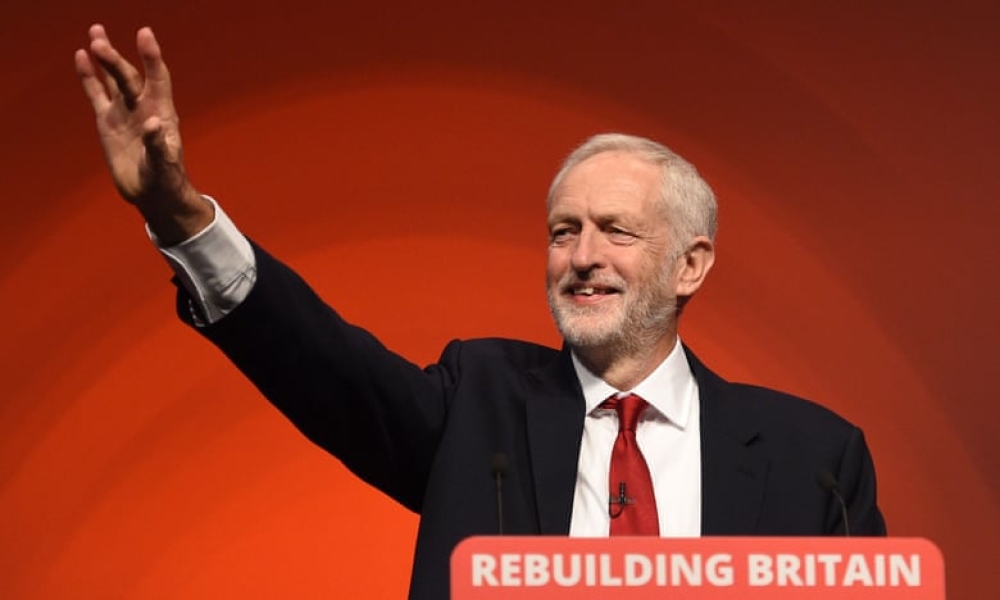Reflections from the Labour Party conference
26 Sep 2018

It has been a turbulent summer for the Labour party. The antisemitism row and internal political differences have trumped their attacks on the Tory party and their handling of the Brexit negotiations.
It was my first Labour party conference, and I was intrigued to see the behemoth in full flow. These meetings are, after all, the panacea for political geeks… And there are open bars as far as the eye can see.
At the fringe events, many specific policy areas were covered. Notably, Bristol MP Darren Jones discussed digital and AI issues with expert understanding, proposing forward-thinking policies and cross-party initiatives that would be valuable for the data and marketing industry.
Similarly, Yvette Cooper’s discussion of immigration issues recognised the difficulties facing industries with skills gaps and proposed ideas of how they might be addressed effectively.
What became clear throughout my time there is that it is truly pertinent that Western Europe’s largest political party’s slogan is ‘for the many, not the few’. With centre-left politicians such as Stephen Kinnock, Yvette Cooper and Liz Kendall on the one hand and groups further to the left Corbyn and his front bench on the other, the Labour party has a membership with many disparate political ideals and few agreed positions. What’s more, the more traditional political ideological dividing lines are accompanied by a cross-cutting issue of Brexit and the popularity of Jeremy Corbyn.
It’s clear that there has always been difference within the Labour party. Before, regardless of differences, when general elections came round, everyone in the party fell into line. Today however, this is exacerbated by their controversial leader and the arguments over the monumental constitutional cliff edge on the horizon. Such unusual circumstances cannot compel many to do as they ordinarily would do and dutifully stand behind their leader.
Closing the conference, Labour leader Jeremy Corbyn used his speech to address the concerns of the two groups who are discontent with the way he has led the party. To the Jewish community, he reached out with a powerful statement about fighting antisemitism. There was no direct apology as part of his speech, yet he vowed that the Labour party would be the party that would fight against prejudice wherever it rears its head.
To the 80% of Labour voters who now support remaining in the EU, Corbyn—who has always been lukewarm in his commitment to the EU—echoed the off-script comments of the shadow Brexit minister, Sir Keir Starmer QC MP, who stated ‘no one is ruling out remain’ as an option Labour’s Brexit policy going forward. Jeremy Corbyn was not as emphatic as this, but said that ‘all options were on the table’.
Labour have made it abundantly clear that they will, in all likelihood, vote against the government’s Brexit deal. The Labour Party say that if the Brexit deal doesn’t pass, they will strong-arm an election. It is not clear how that might happen in practice, though.
Some in the Labour party are convinced that a general election and the potential option to reconsider the Brexit question would be an affront to democracy. It’s easy to see why. Nonetheless, discontentment is rife, and some say that the British people should have the right to change their minds, and that the Labour Party should be the vehicle to offer that. To be that vehicle, the Labour Party will first have to achieve something that appears impossible: reaching agreement.
Next week, the Conservatives will head to Birmingham for their party conference. No-doubt, more Brexit visions will be imagined and proposed by an equally divided party. Perhaps only then will we have a clearer idea of how this whole thing may play out. Then again, there’s an equal chance we won’t.

Please login to comment.
Comments